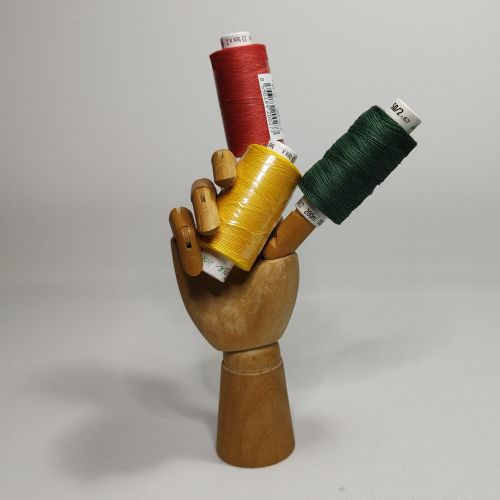Slovak peasant lace is colorful. The white or cream base thread is complemented by red, but also yellow, blue, green, purple, orange, black. There is also gold and silver.
Dye your laces too. Don't worry about inappropriate color contrasts.
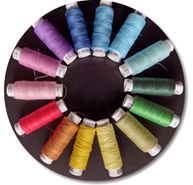
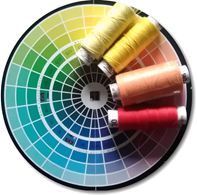
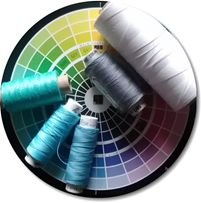
However, there are a few rules you need to follow. Not all theories about mixing colors apply to lace, because if you put red and yellow thread together, you won't get orange.
Start by choosing whether you want warm or cool shades. Warm ones are around yellow and red, and cool ones are around blue and green.
Choose a basic or neutral color. This should be used most often, as a leading pair, or as a net color.
Basic: yellow (gold), red (copper), blue (silver)
Neutral: white – gray – black,in lace also unbleached, ecru and linen color.
You can add another color to these and it won't ruin anything.
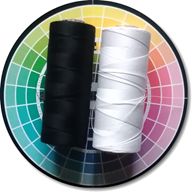
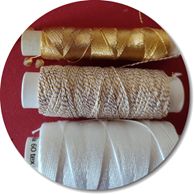
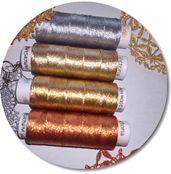
Choose a secondary color. Start with adjacent analogous colors.
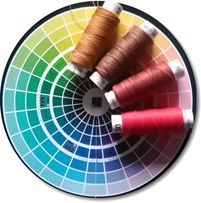
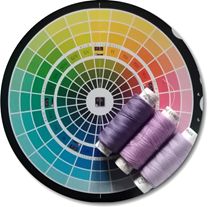
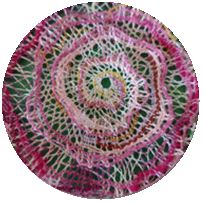
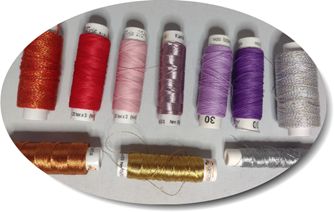
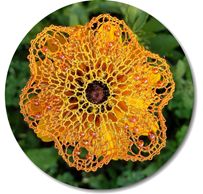
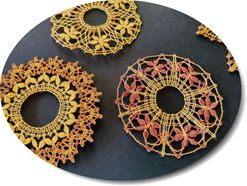
Do you dare to use complementary colors? These are colors that are opposite each other in the color spectrum. They should always be chosen with sensitivity. As the main color, use a basic, neutral, or a color in the middle or on the edge of the chosen color range.
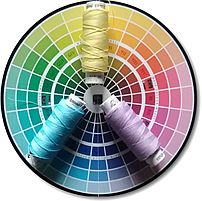

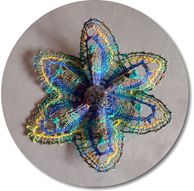
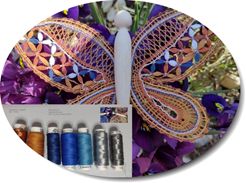
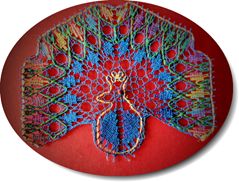
This thread should predominate in the weave. Emphasize color contrasts in the leaves, patches, or areas of the canvas.
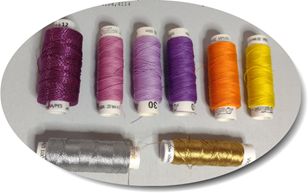
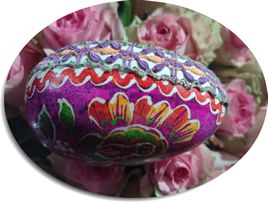
Miners' lace has also featured color contrasts in the past. The natural color of cotton, hemp, or linen was complemented by colored braids or inserted silk threads.
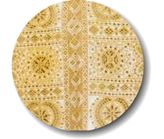
In peasant times, they added color to leaves and square dots.
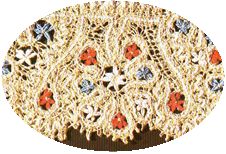
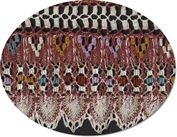
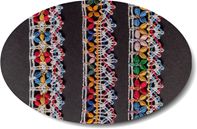
So what color will your Christmas decorations be this year?

